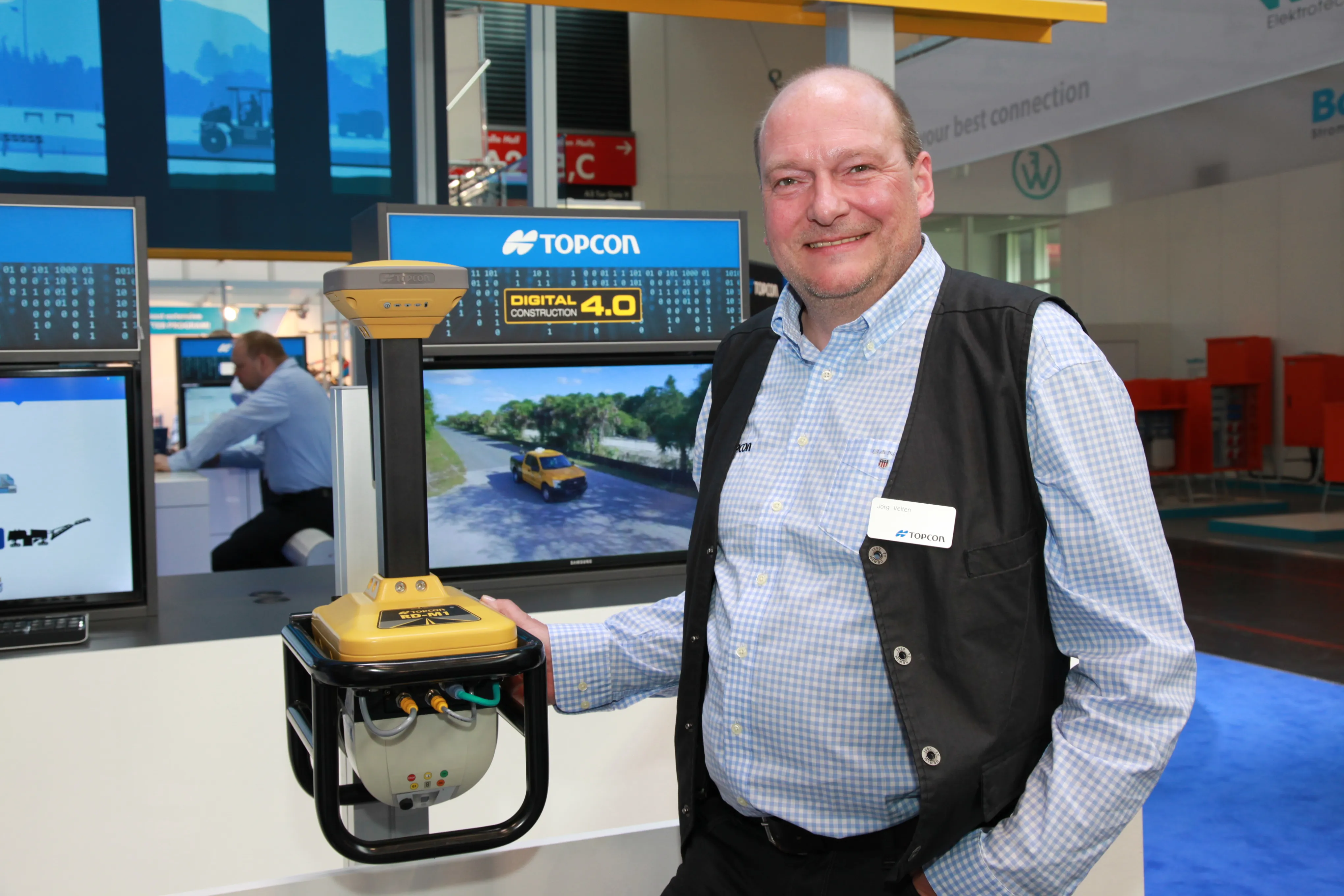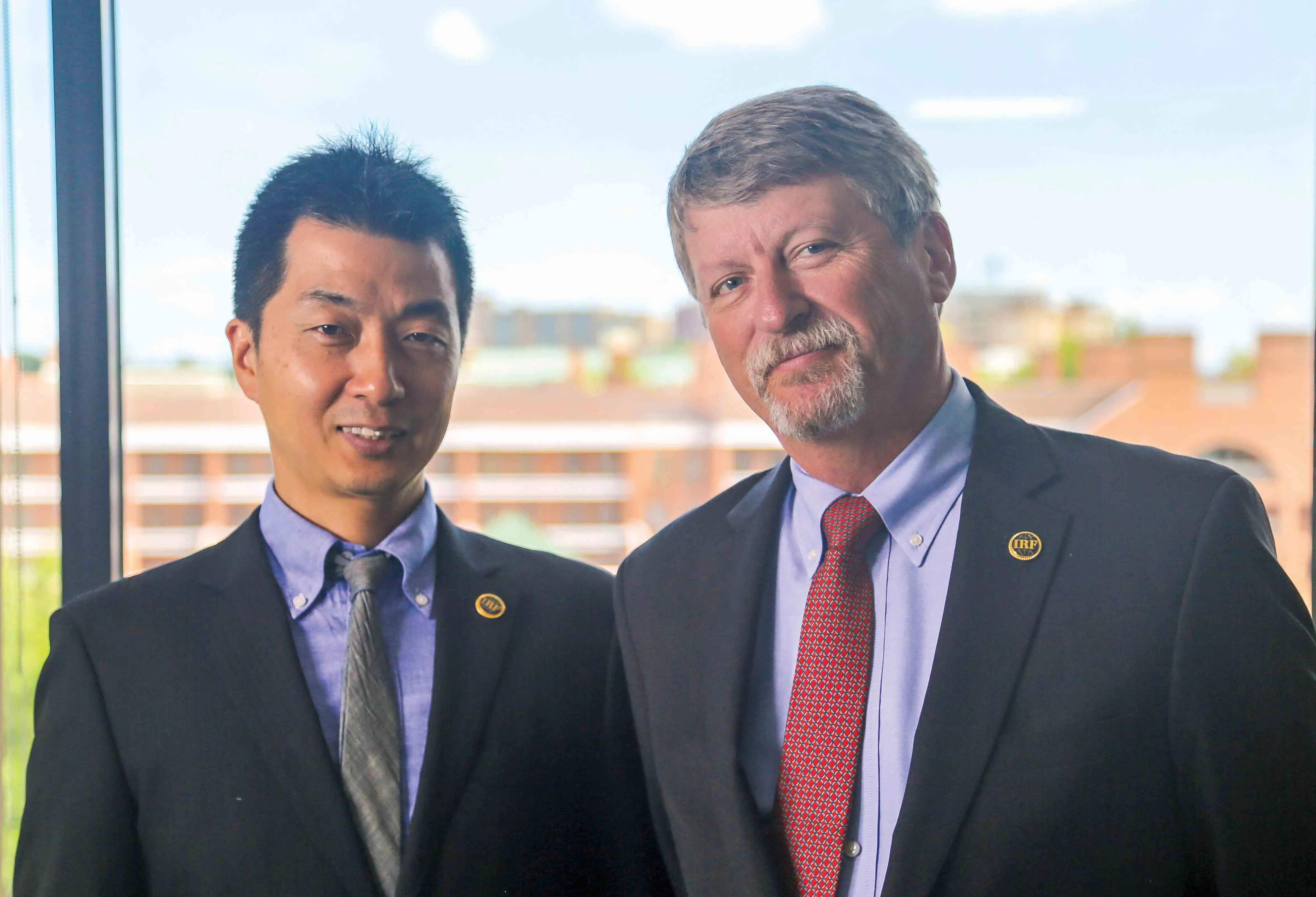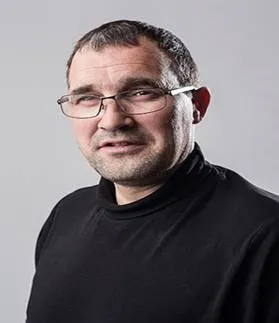Governments need more than ever to plan long-term highway strategies or face an increasing backlog of increasingly expensive maintenance requirements.
“Insufficient maintenance has created a backlog and is affecting service levels,” said Jean-Francois Corte, secretary general of the World Road Association (PIARC), based in Paris.
How to stop this seemingly endless downward spiral is what attendees to the major Pavement Preservation & Recycling Summit in Paris will find out in February.
“What’s needed ri
December 10, 2014
Read time: 3 mins
RSSGovernments need more than ever to plan long-term highway strategies or face an increasing backlog of increasingly expensive maintenance requirements.
“Insufficient maintenance has created a backlog and is affecting service levels,” said Jean-Francois Corte, secretary general of the World Road Association (3141 PIARC), based in Paris.
How to stop this seemingly endless downward spiral is what attendees to the major Pavement Preservation & Recycling Summit in Paris (7924 PPRS 2015) will find out in February.
“What’s needed right now is at least a medium-term vision to embrace the right type of maintenance, a strong strategy. Because there has been insufficient maintenance, road networks are degrading faster. Many highways authorities don’t have this medium- or long-term approach to highway maintenance because they are bound by their government’s annual budgets.”
While there has been a focus on building very quickly a vast road network in the past 10 to 20 years, there has at the same time been severe maintenance cuts in the past decade during the economic crisis and downturn. Highways authorities have been having a tough time convincing their government of the importance of maintenance, especially as a large amount of this new infrastructure is coming up for their first major maintenance needs.
If organisations do have a long-term maintenance strategy, it can often be thwarted by a government’s desire for short-term savings. This can result in authorities continually having to revamp their maintenance strategies based on decreasing highways budgets.
“This precarious situation means we are entering a period of serious highway degradation where more than just general maintenance will be needed in the near future. This is what attendees will hear about at the upcoming Pavement Preservation and Recycling Summit in Paris,” said Corte, who will give the welcoming address on day one.
“The event, from February 22-25, will explore the social and economic implications of not maintaining highways versus a well maintained network. Importantly, attendees will learn how to put the business case forward during these austere times to ensure more investment is there when and where it is needed.”
The event will not be simply an equipment exposition, but where professionals can share knowledge on processes, planning, strategies and best practice, he said. Held at the Palais des Congrès, it will include conferences, specific workshops, an exhibition and technical visits.
A recent publication by PIARC, called The Importance of Road Maintenance, is available as a free download on the PIARC website.
“Insufficient maintenance has created a backlog and is affecting service levels,” said Jean-Francois Corte, secretary general of the World Road Association (
How to stop this seemingly endless downward spiral is what attendees to the major Pavement Preservation & Recycling Summit in Paris (
“What’s needed right now is at least a medium-term vision to embrace the right type of maintenance, a strong strategy. Because there has been insufficient maintenance, road networks are degrading faster. Many highways authorities don’t have this medium- or long-term approach to highway maintenance because they are bound by their government’s annual budgets.”
While there has been a focus on building very quickly a vast road network in the past 10 to 20 years, there has at the same time been severe maintenance cuts in the past decade during the economic crisis and downturn. Highways authorities have been having a tough time convincing their government of the importance of maintenance, especially as a large amount of this new infrastructure is coming up for their first major maintenance needs.
If organisations do have a long-term maintenance strategy, it can often be thwarted by a government’s desire for short-term savings. This can result in authorities continually having to revamp their maintenance strategies based on decreasing highways budgets.
“This precarious situation means we are entering a period of serious highway degradation where more than just general maintenance will be needed in the near future. This is what attendees will hear about at the upcoming Pavement Preservation and Recycling Summit in Paris,” said Corte, who will give the welcoming address on day one.
“The event, from February 22-25, will explore the social and economic implications of not maintaining highways versus a well maintained network. Importantly, attendees will learn how to put the business case forward during these austere times to ensure more investment is there when and where it is needed.”
The event will not be simply an equipment exposition, but where professionals can share knowledge on processes, planning, strategies and best practice, he said. Held at the Palais des Congrès, it will include conferences, specific workshops, an exhibition and technical visits.
A recent publication by PIARC, called The Importance of Road Maintenance, is available as a free download on the PIARC website.









